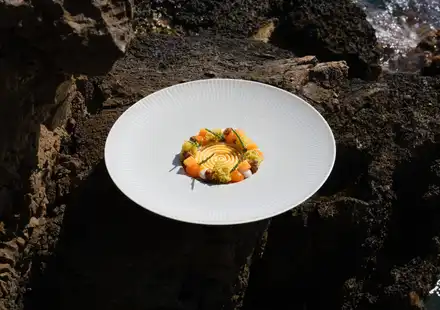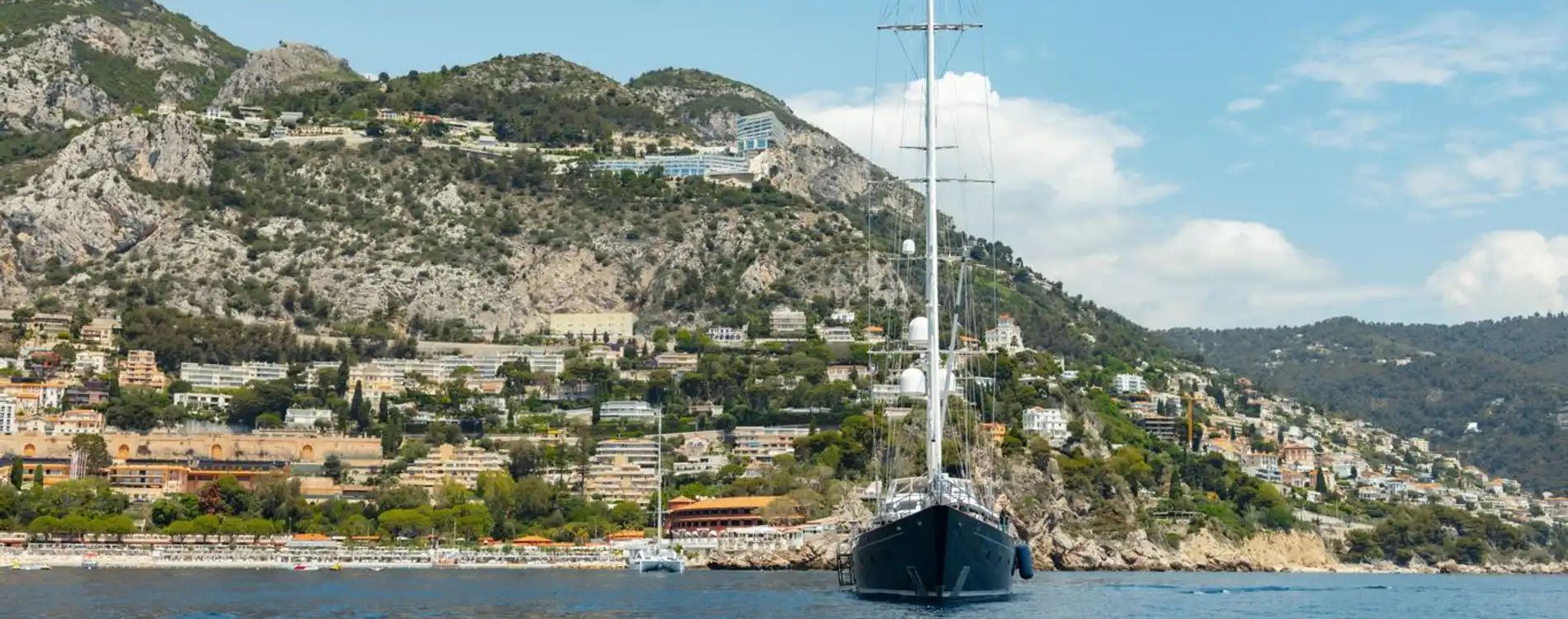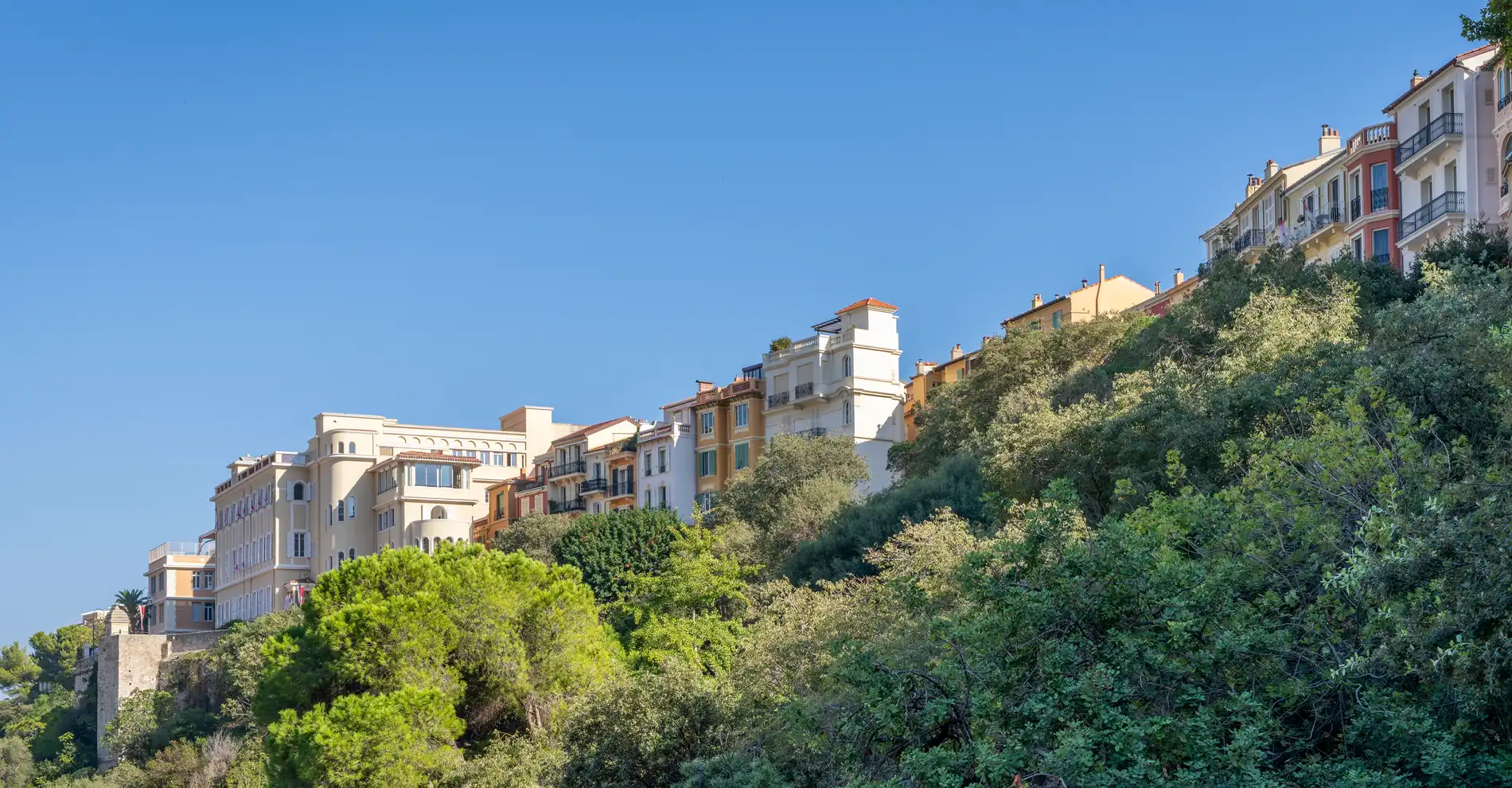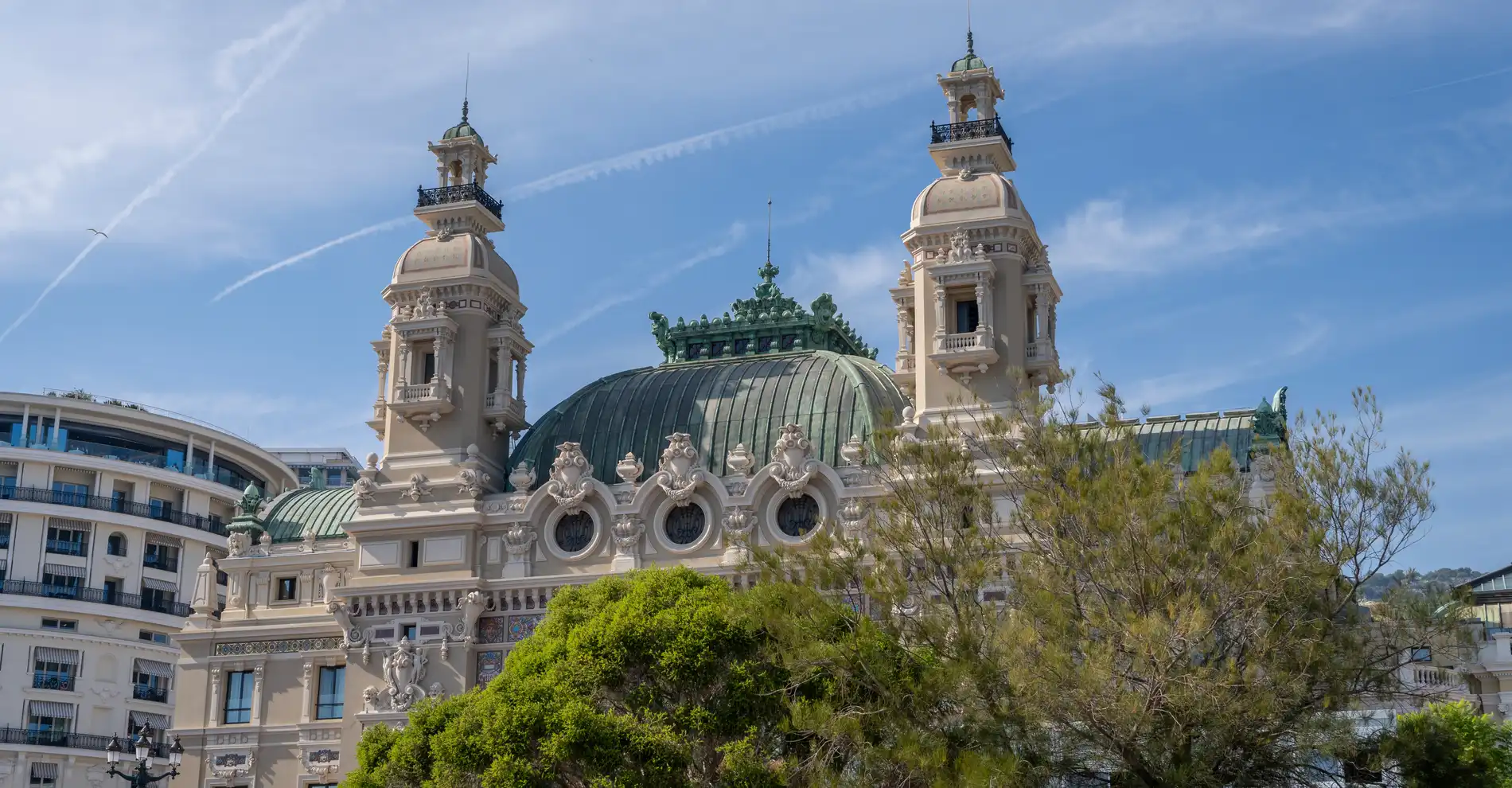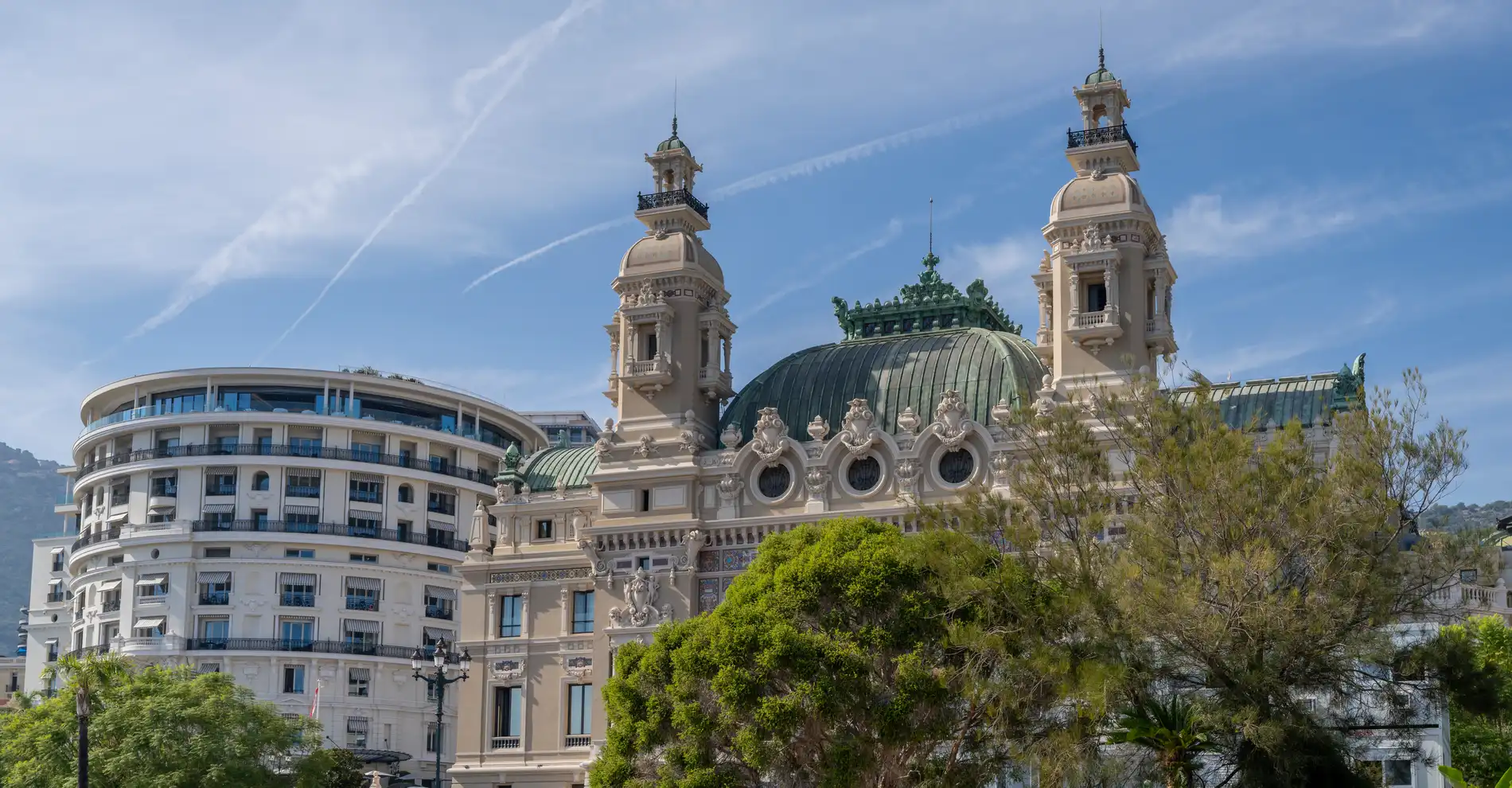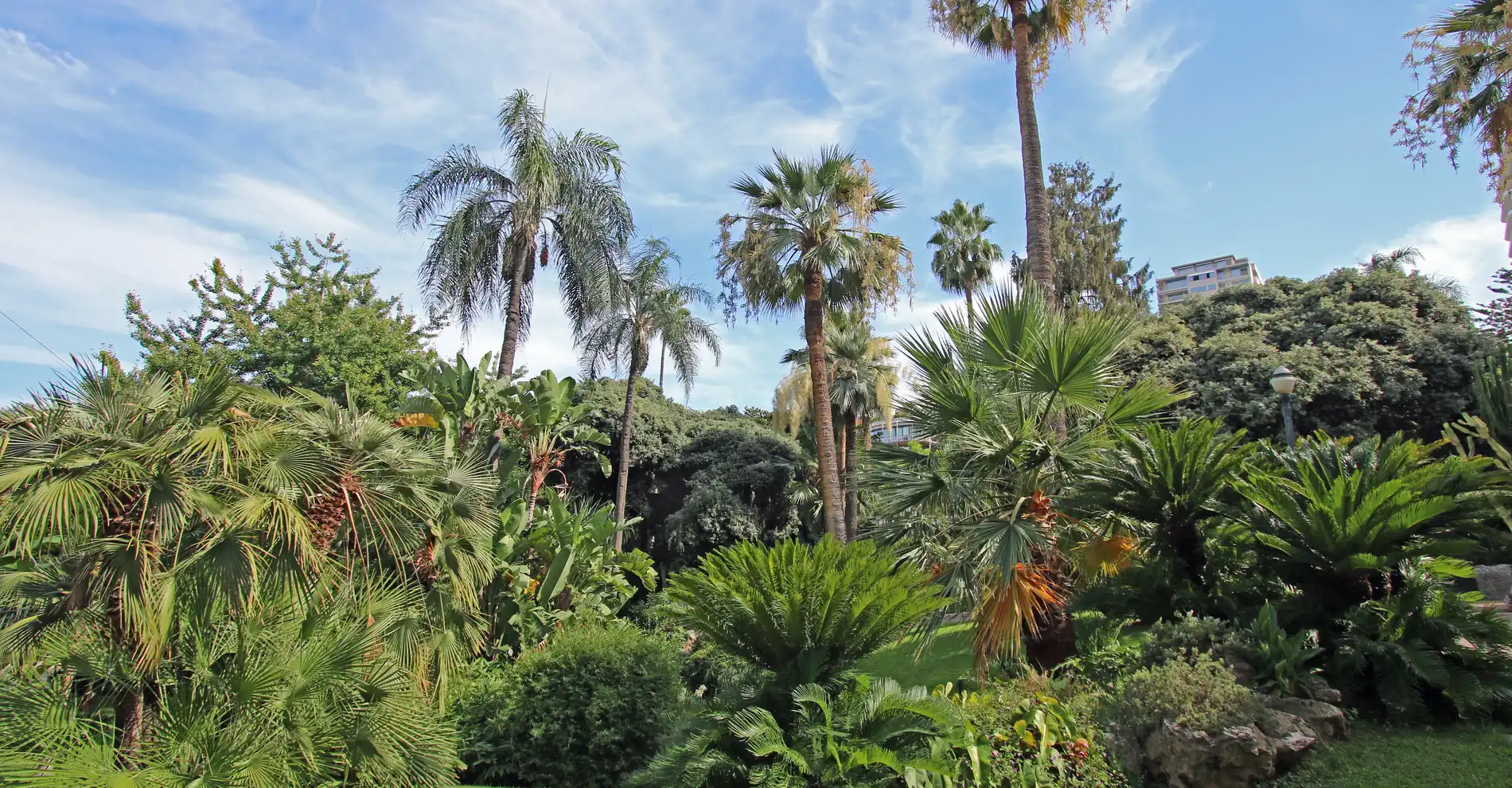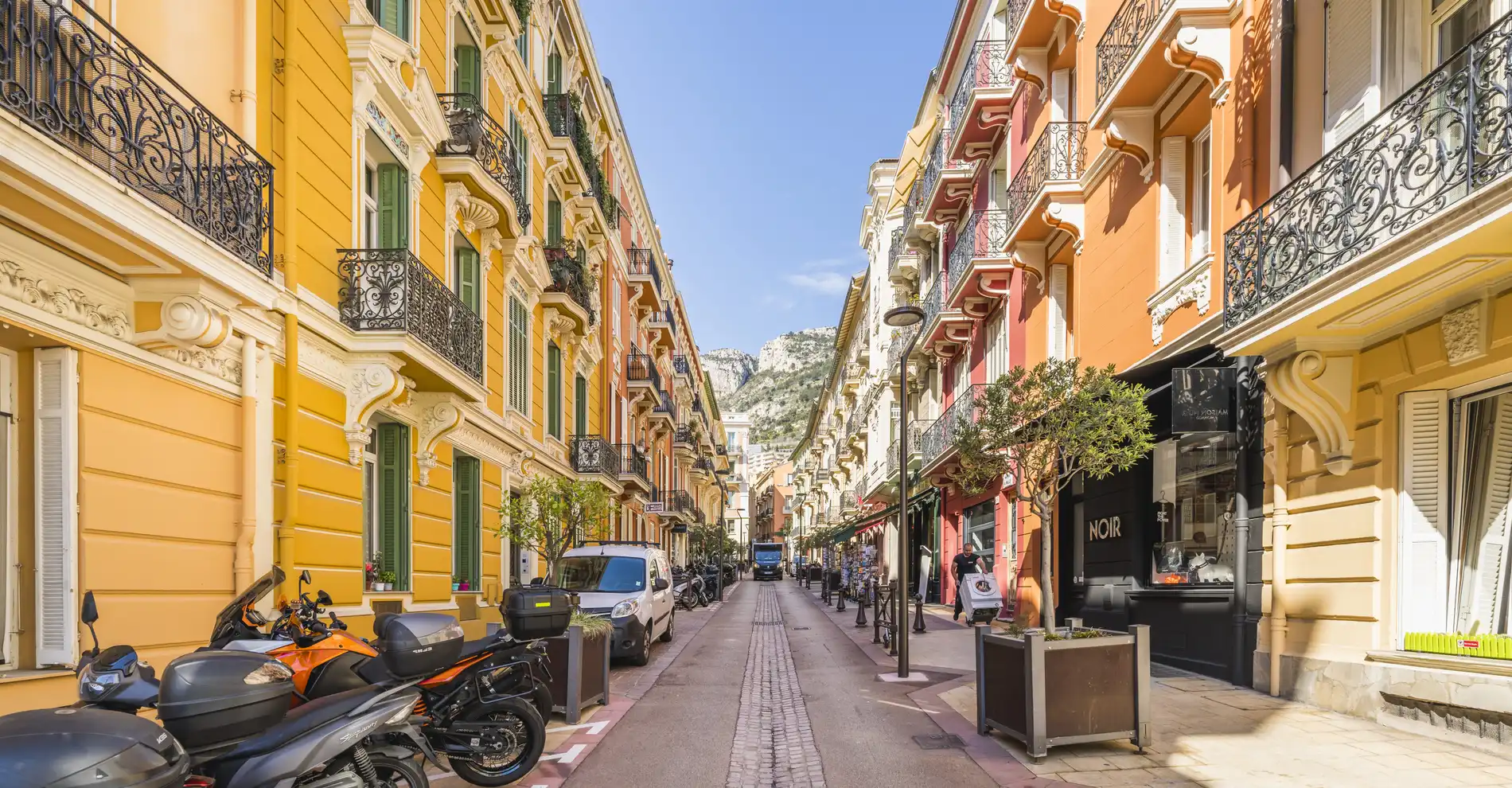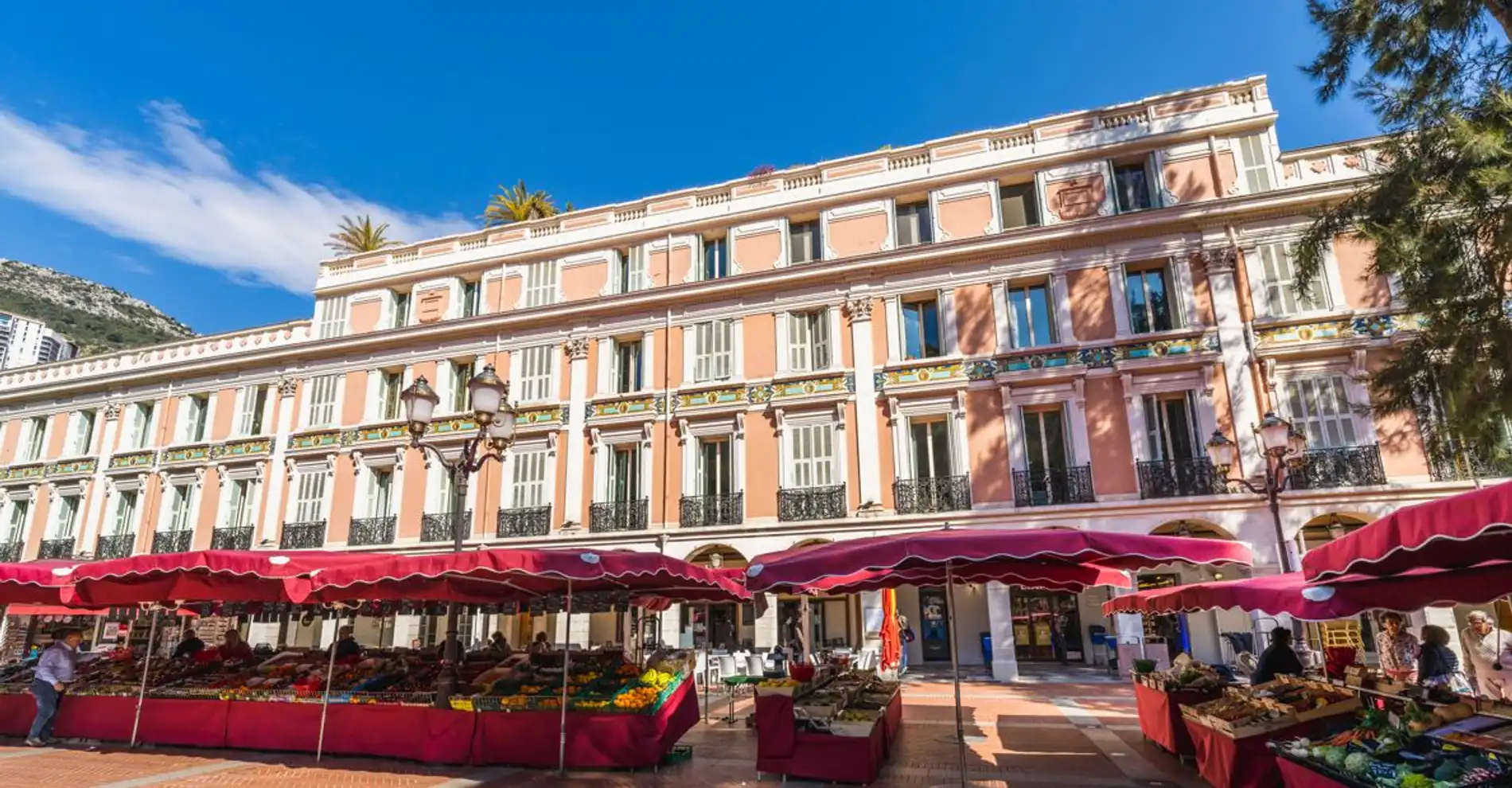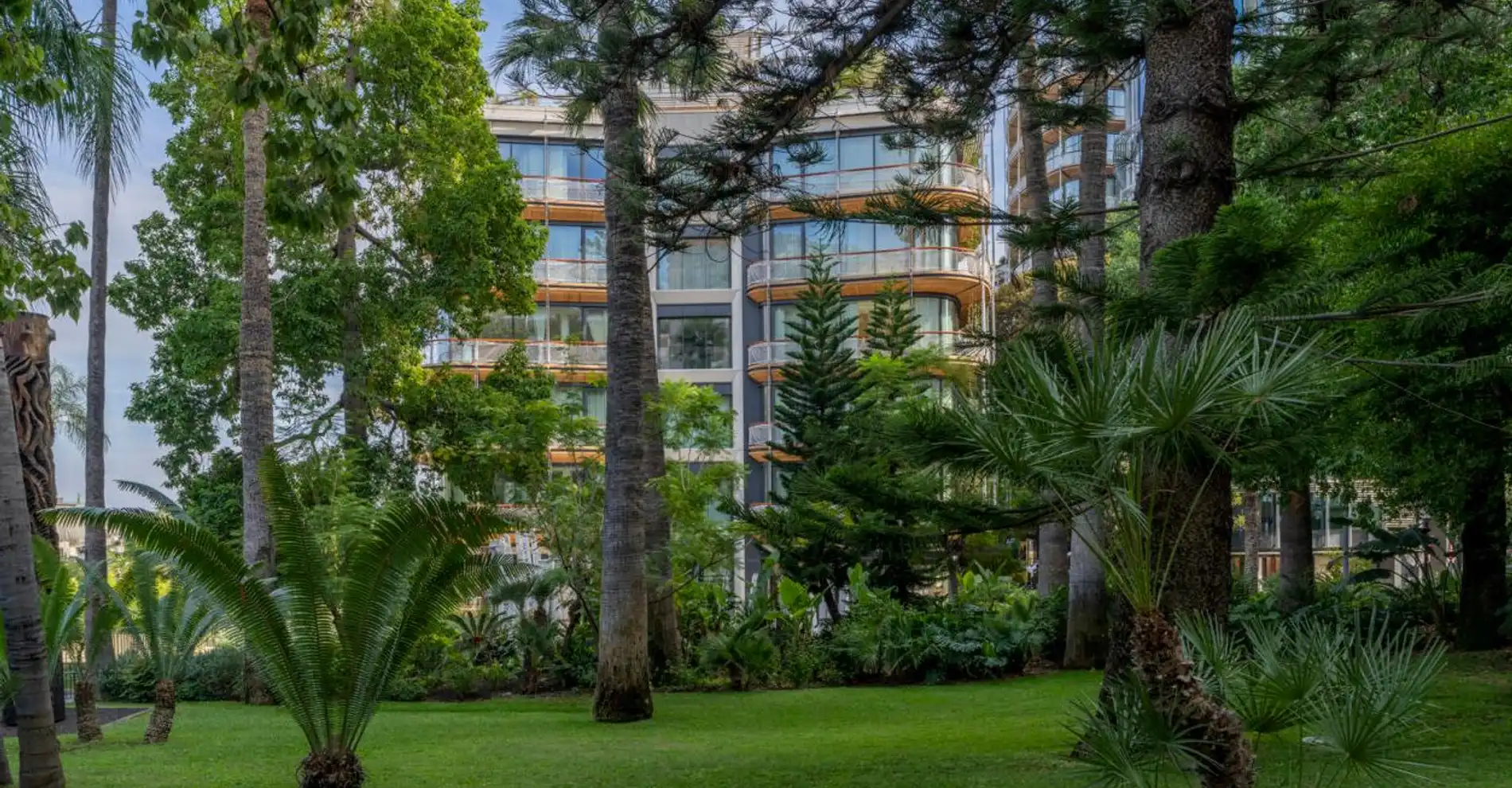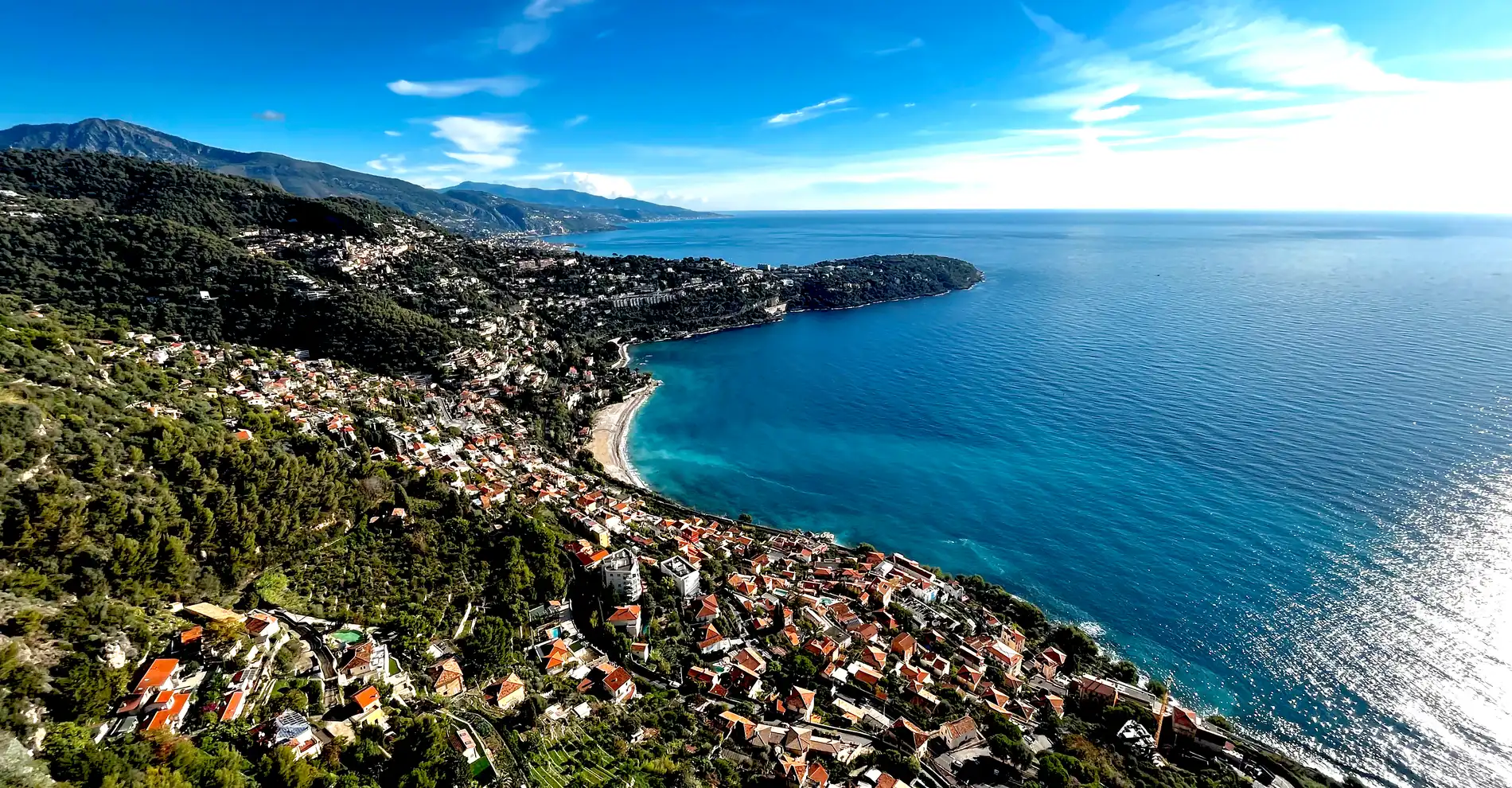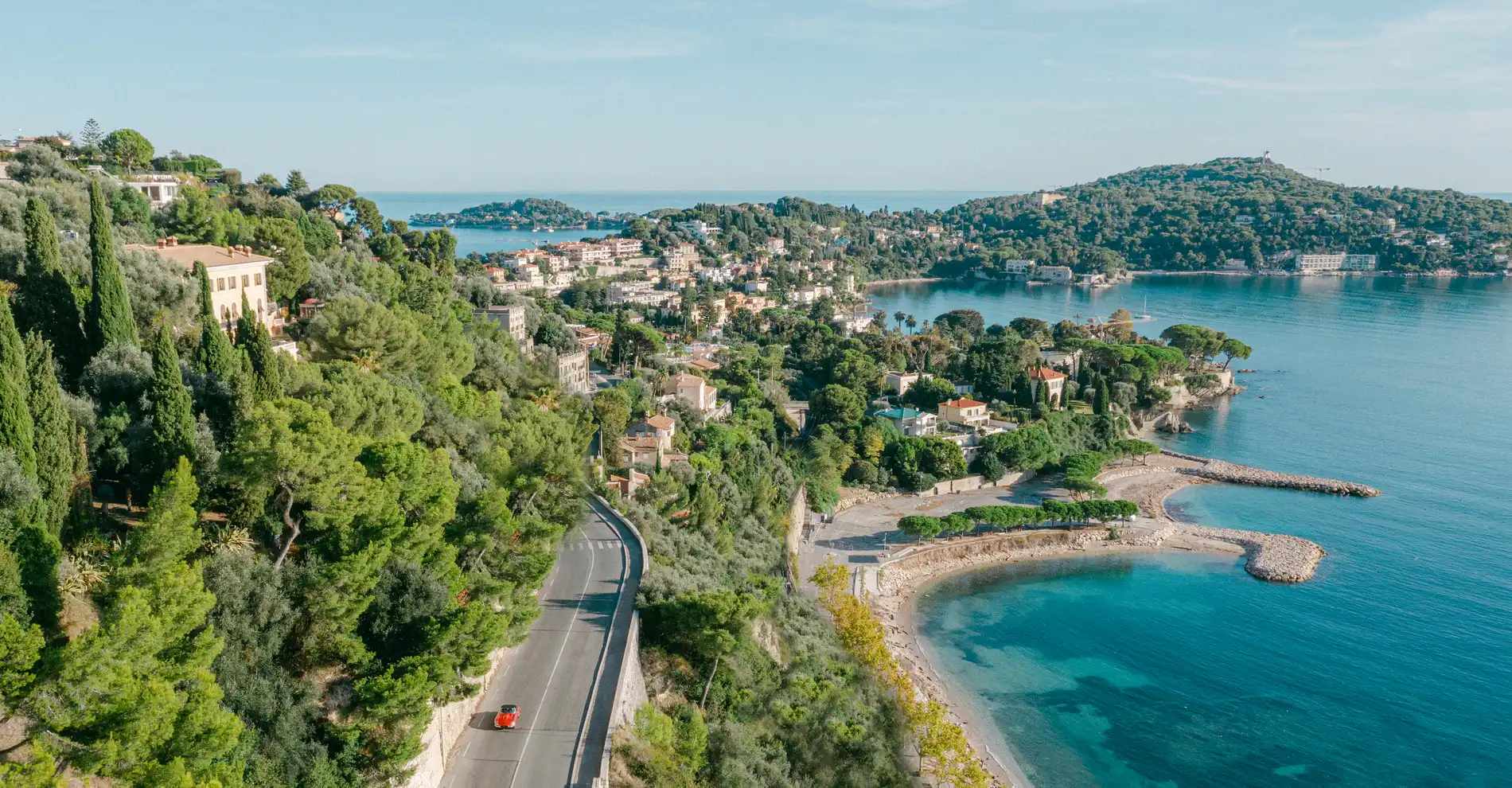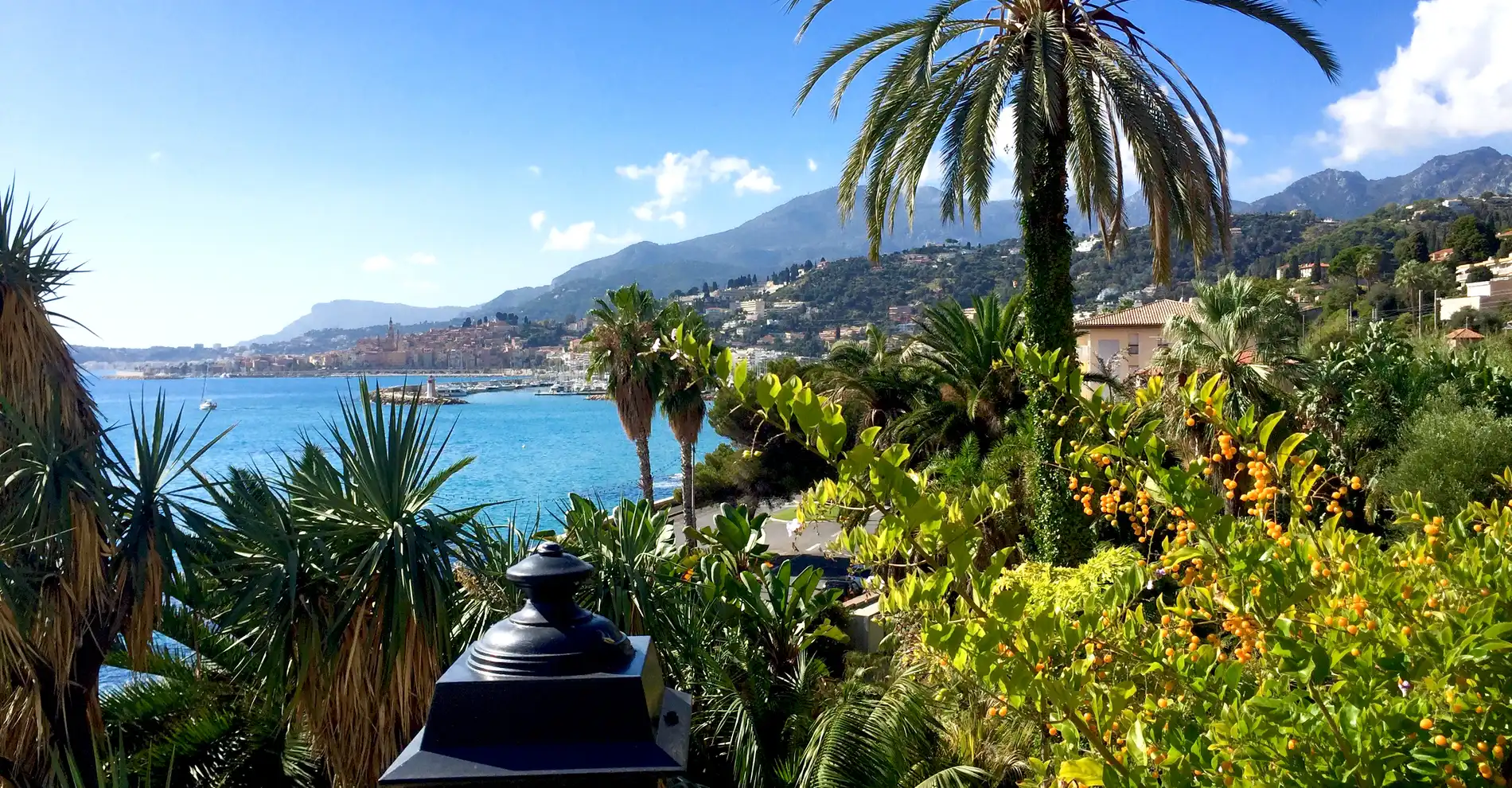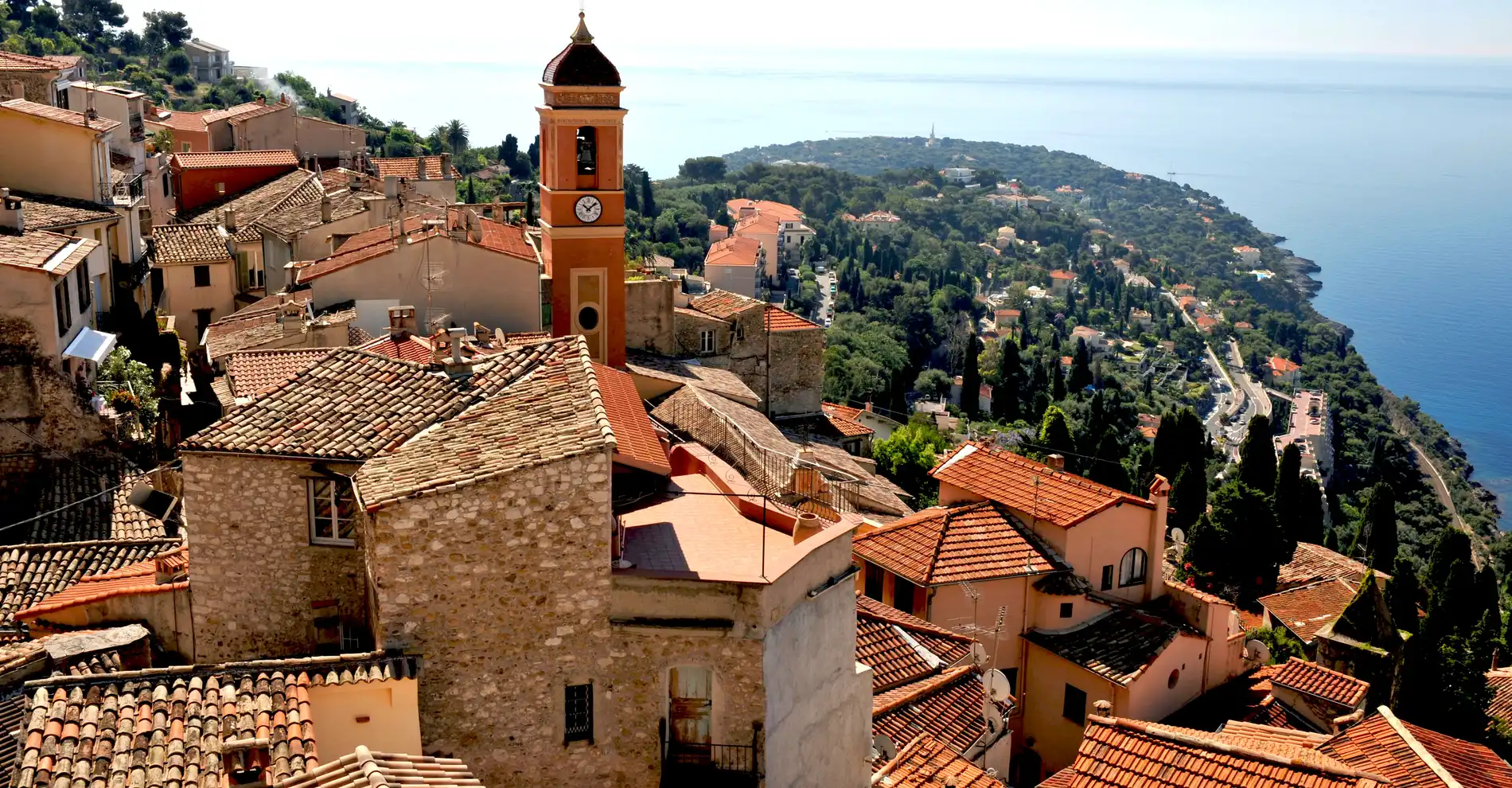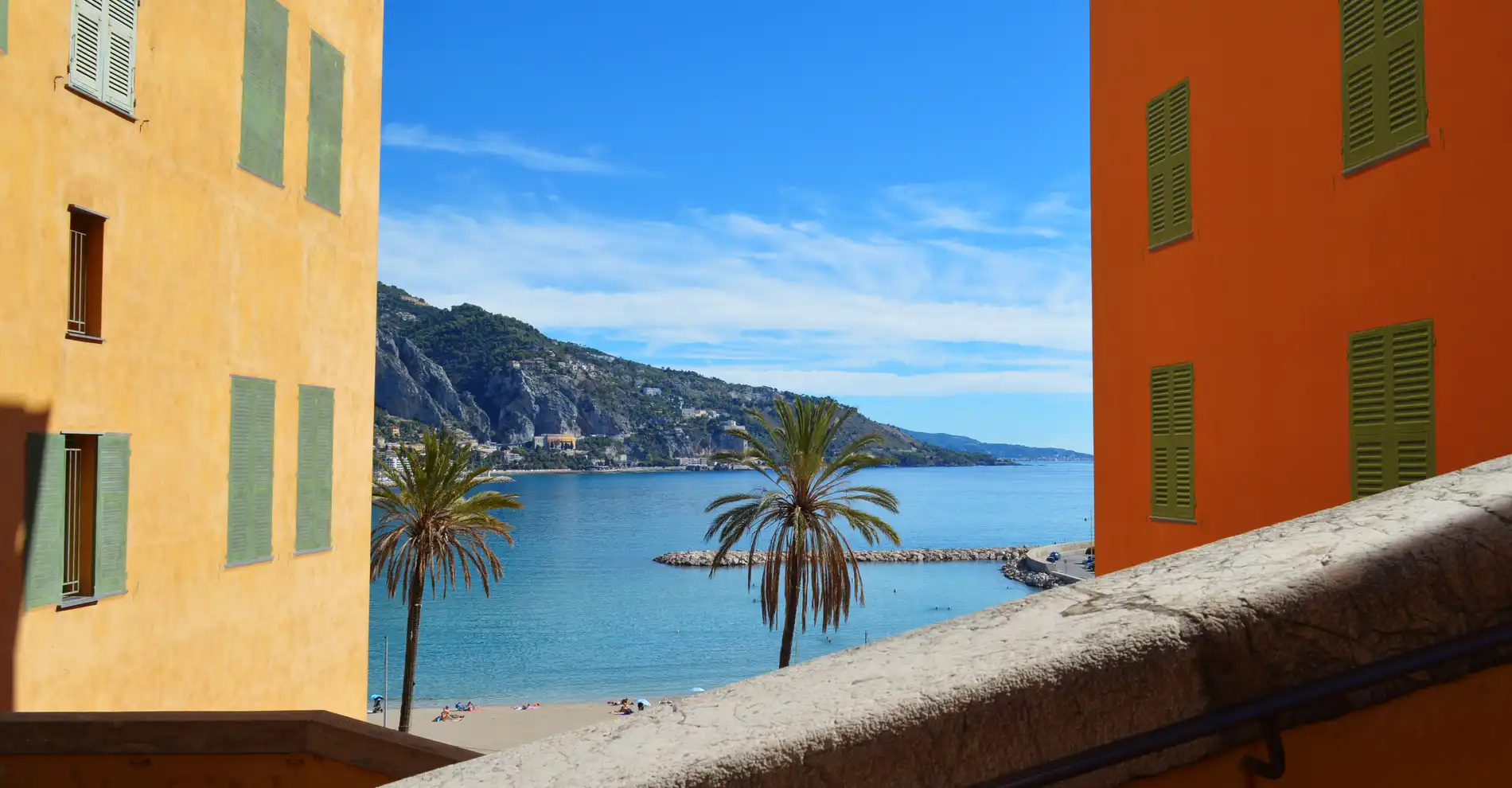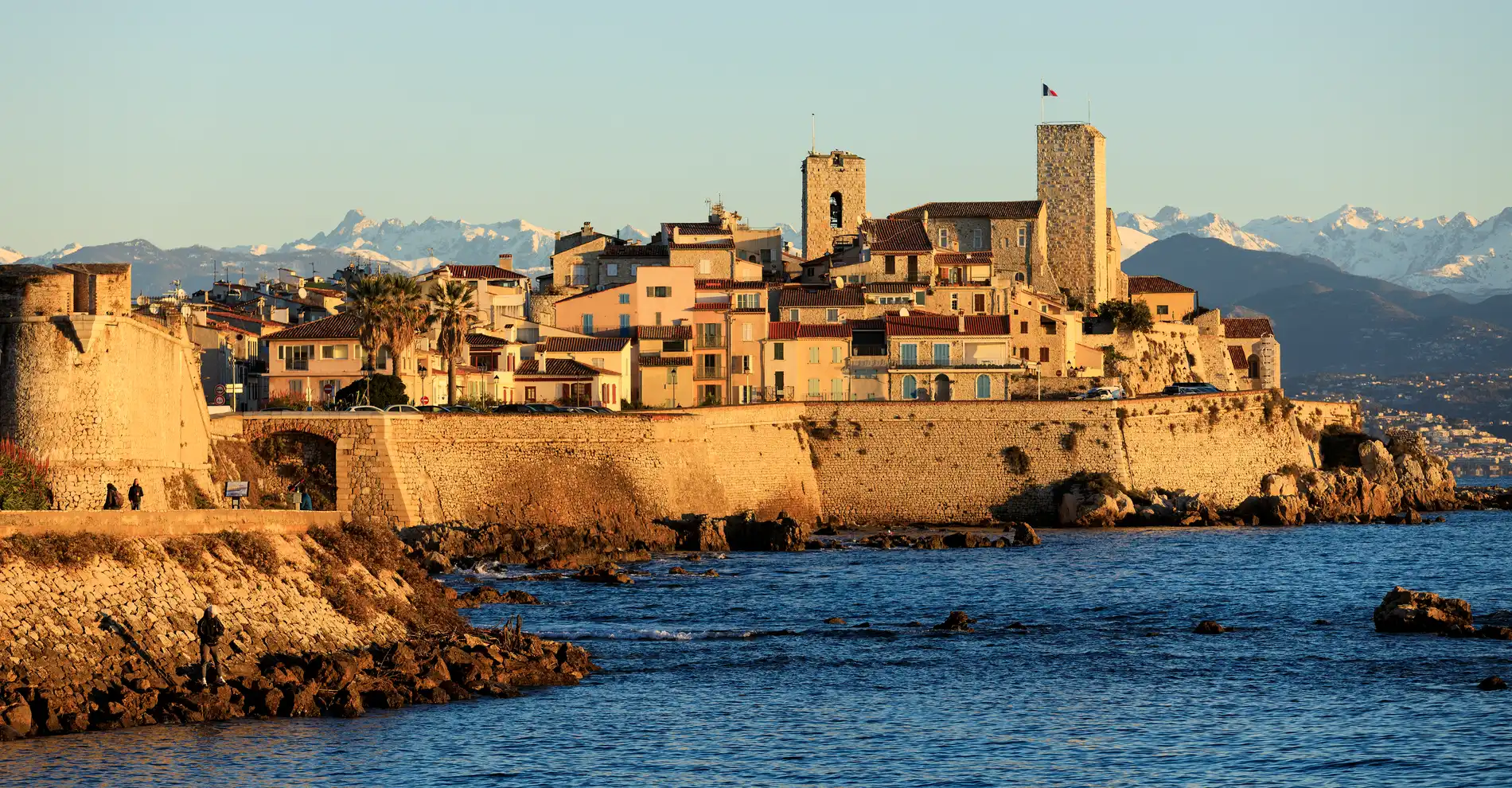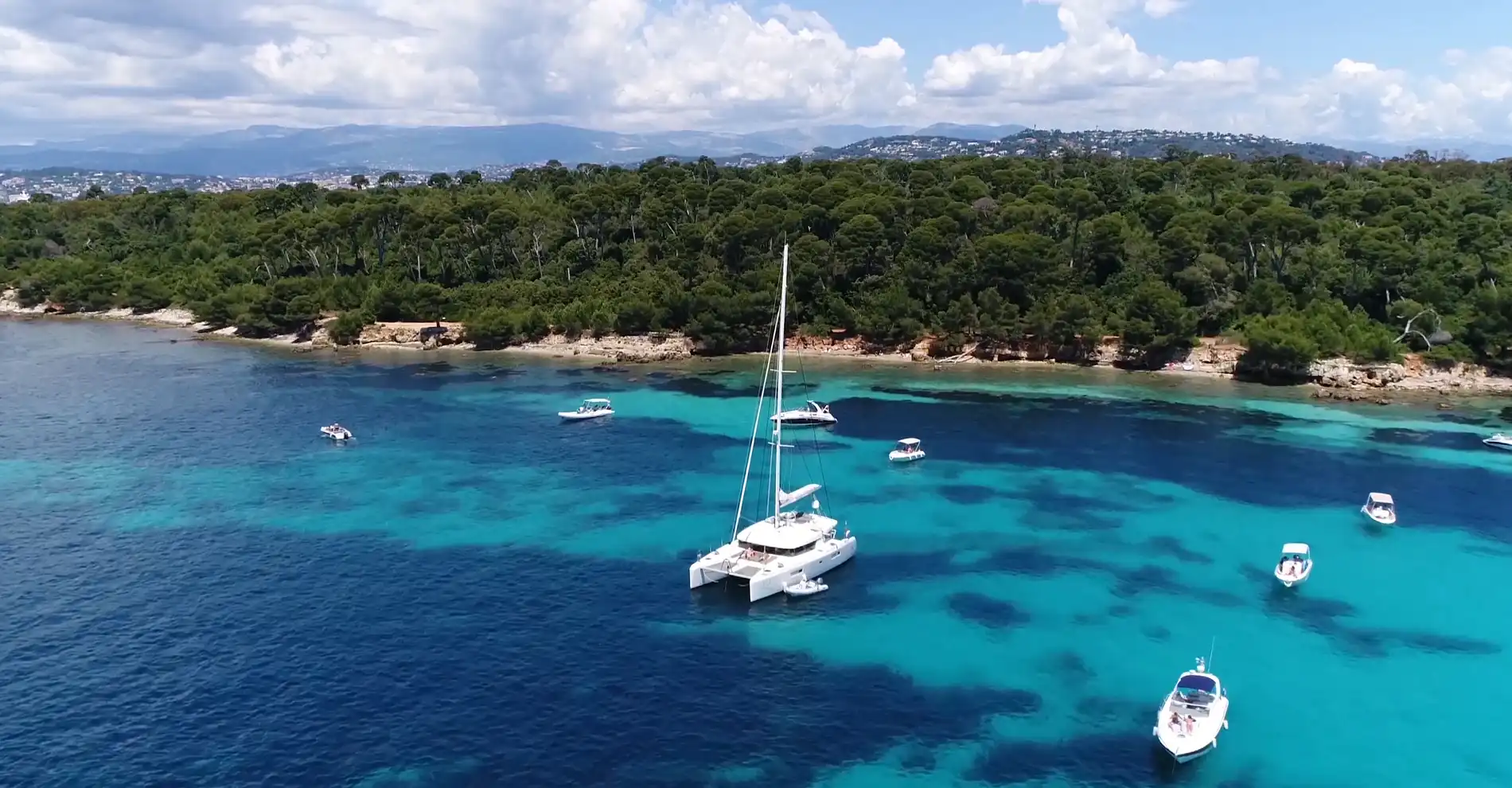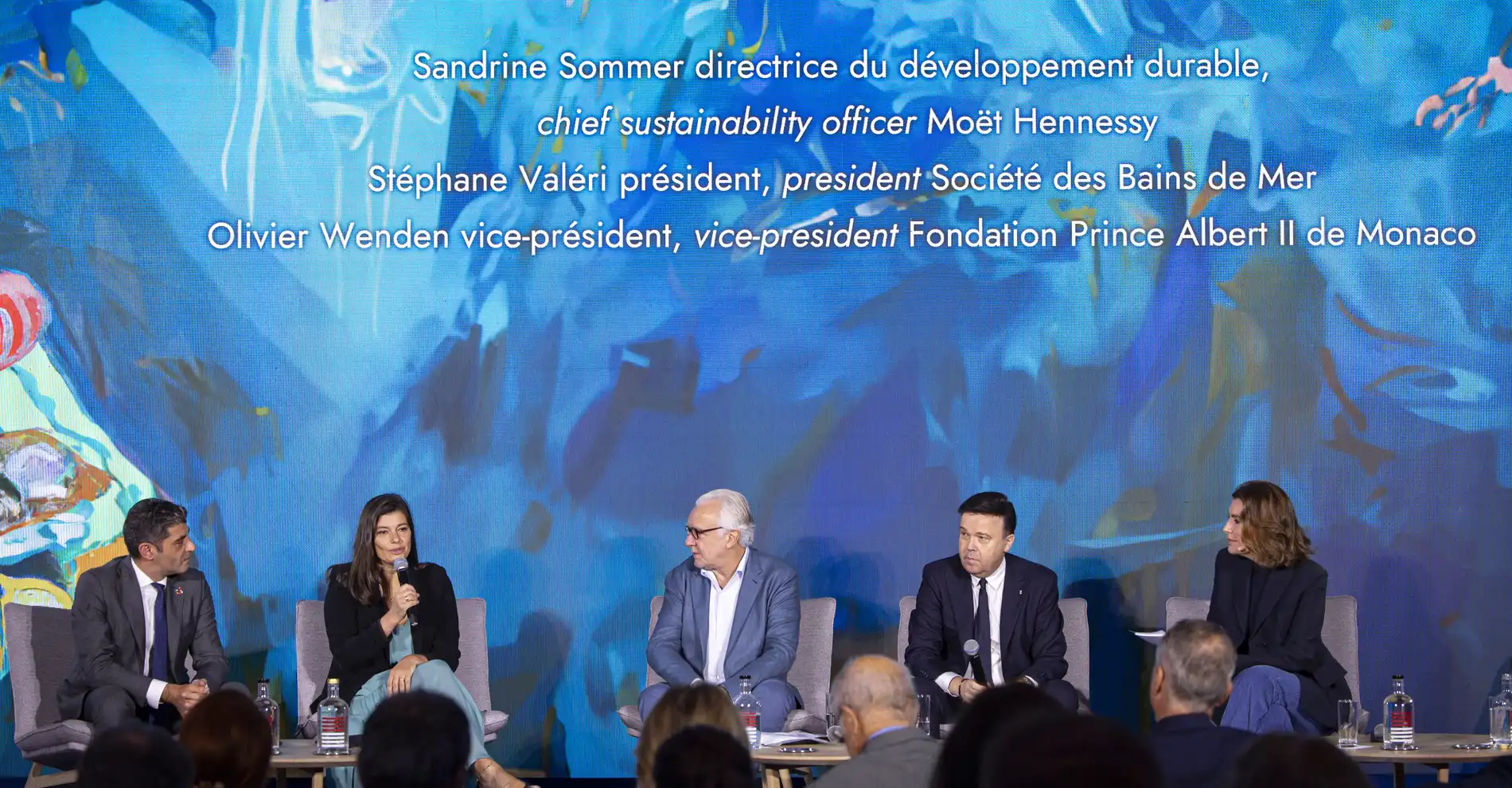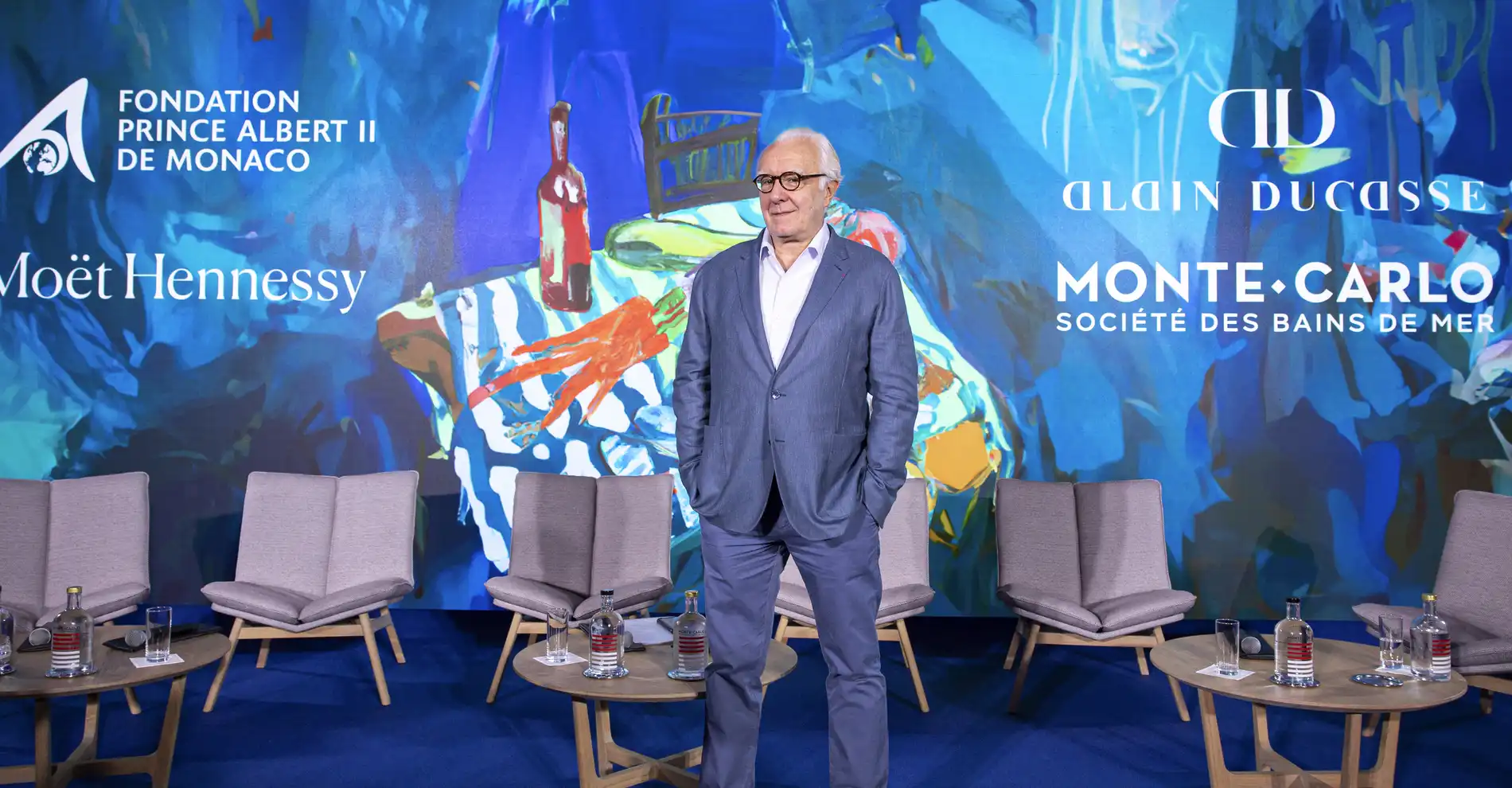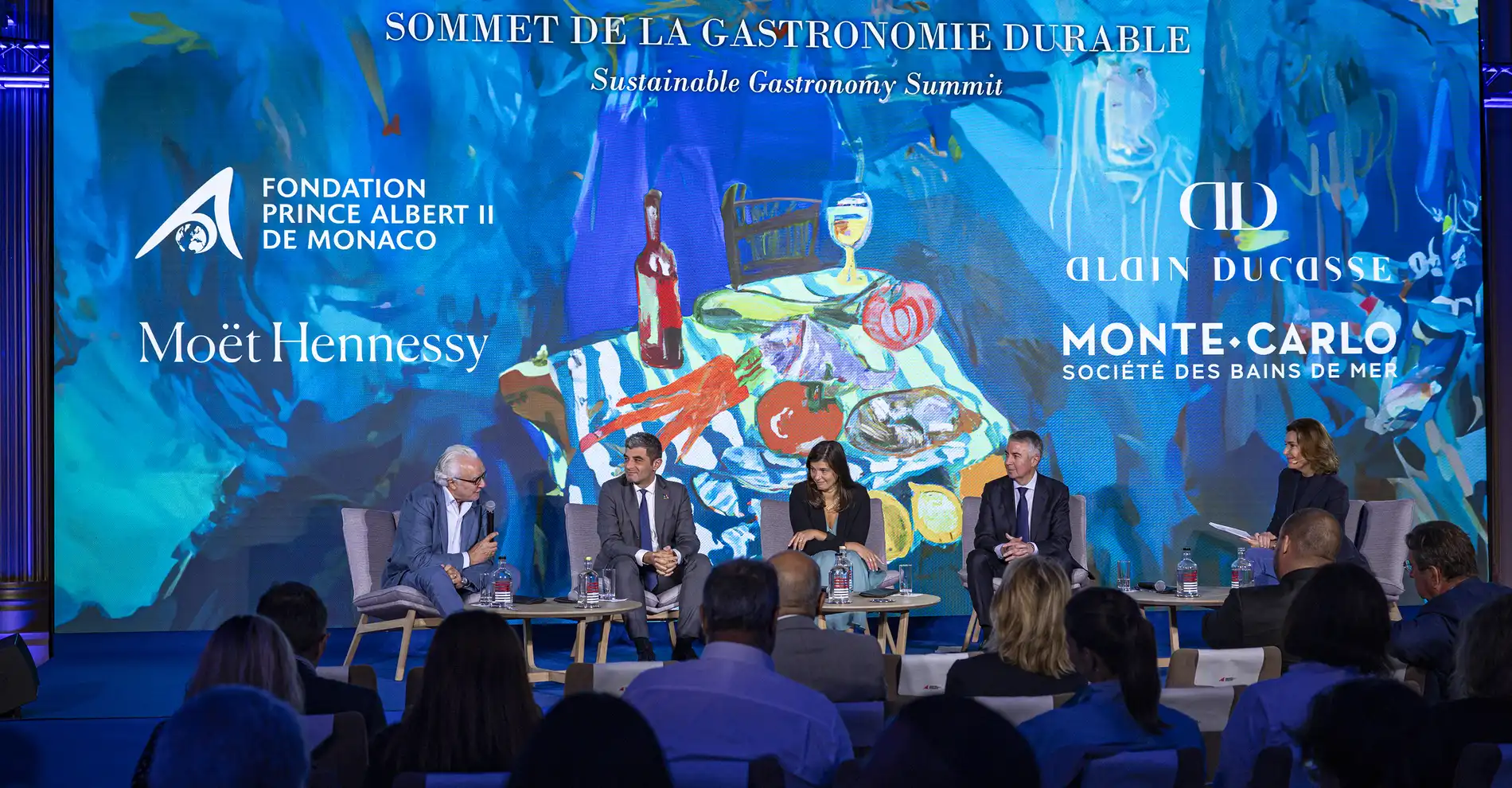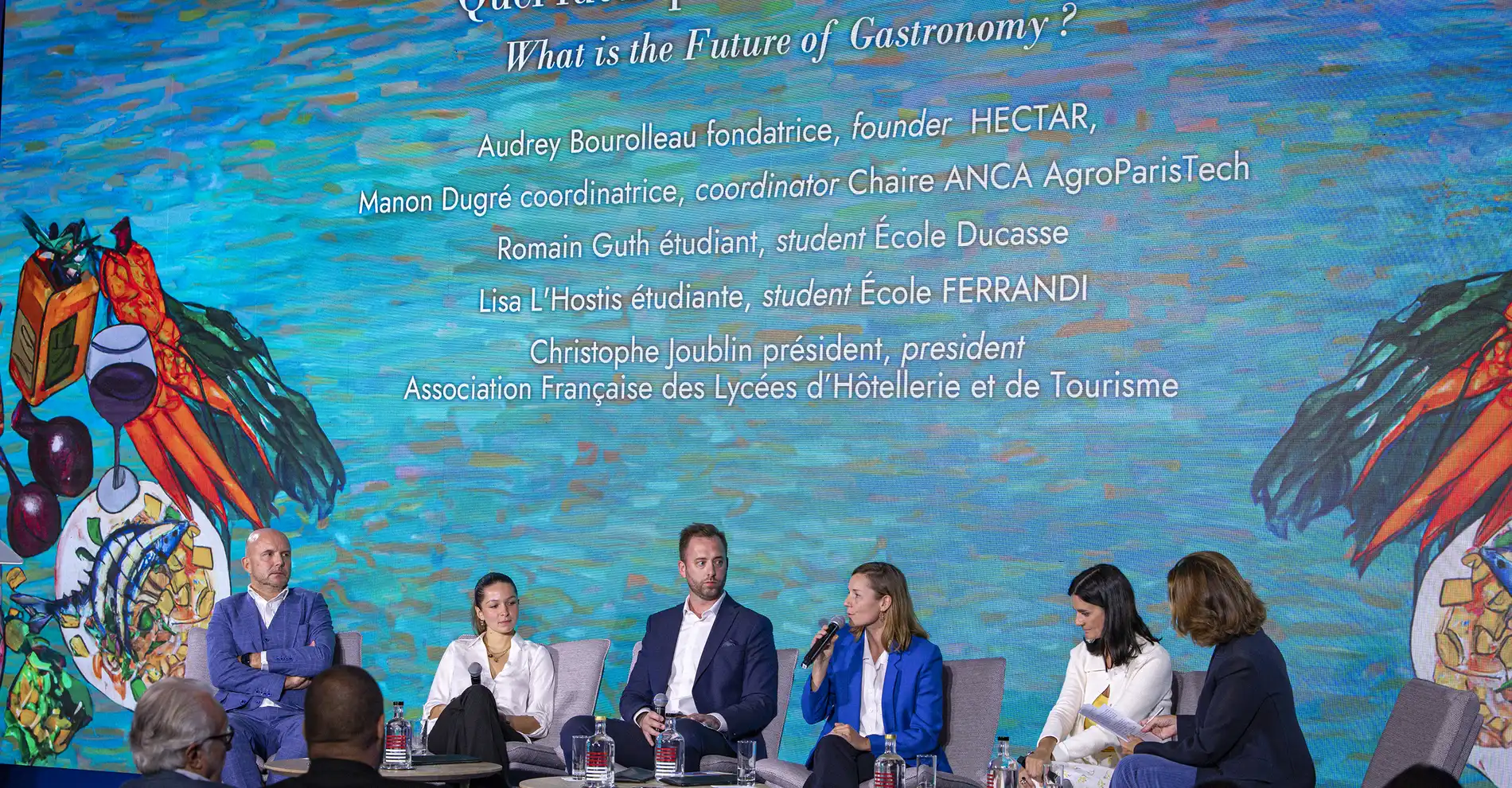Updated on September 09, 2024
By always wanting to go fast, we often run the risk of looking without seeing, listening without hearing, smelling without feeling. Don't we sometimes benefit from slowing down to rediscover the pleasure of taking our time? To contemplate, meet and enjoy. Simply for the pleasure of feeling alive. This is the spirit of slow tourism, a new approach to travel that is more 'local' and responsible.
From slow food to slow tourism...
Chi va piano, va sano e va lontano! (‘Those who go slowly, go well and go far!’) Before aspiring to travel more slowly, we started by trying to eat more slowly. Indeed, the origins of slow tourism lie in slow food, a movement launched in Italy in the 1980s by a group of Piedmontese gourmets. A movement which, in the face of the invasion of 'junk food', was in contrast extolling the merits of food biodiversity, favouring the deliberate consumption of high-quality, local food. The movement has taken root, developed and spread to other areas. These days, people talk about slow life, slow cosmetics, slow money, slow city and, more generally, slow movement. In a world where everything moves ever faster, we are learning to hold back, to let time pass, to let go...
This is why, at the turn of the millennium, we saw the emergence of slow tourism (or slow travel), the art of travelling differently. Slowing down to feel things more deeply. To fully immerse yourself in your surroundings. It's the tourism of chosen time, of disconnection and well-being. Tourism with a clear conscience, richer and more authentic, with the emphasis on meeting new people, exchanging ideas and sharing experiences. Beyond the destination, priority is given to the experience: sensory, unique, more intense and more profound. What's more, slow tourism means less travel. The intensity of the journey is no longer proportional to the number of kilometres covered. Today, more than just a movement, slow tourism has become a real philosophy. It's a way of giving meaning to holidays.
Win-win tourism
In the end, slow tourism means choosing a form of tourism that benefits everyone. The travellers, who are less anxious to keep to their overloaded schedules at all costs, and who are less stressed as a result. You don't chase time any more, you take it and learn from it. It's a chance to meet the locals and learn about local life, culture and traditions. Taste traditional cuisine or learn an ancient art... It's an opportunity to forge stronger links and create more lasting memories.
In fact, one of the fundamental values of slow tourism is that it aims to be sustainable and responsible by adopting a profoundly ecological approach. And the environment is the other lucky beneficiary of this green tourism. By slowing down and reducing their journeys, travellers are of course reducing their carbon footprint, thereby minimising their impact on biodiversity and fragile ecosystems. In addition, slow travellers are often exposed to responsible travel practices and experiences, making them all the more aware of the need to protect the environment. And for the host countries and their people, it means better preservation of their cultural and natural heritage: historic sites, local products and other traditional practices. It's a way of attracting and retaining an increasingly eco-responsible clientele.
Monaco: a journey to the kingdom of sustainable development
Monaco may be a small country - just 2 sq.km - but it's a particularly attractive one, with a huge influx of tourists every summer. So it's hardly surprising that the Principality has been embracing the values of slow tourism for several years now, to the point of becoming a genuine example of a destination committed to sustainable and responsible tourism.
Responsible hotels
Many Monegasque hotels have chosen to focus on reducing their ecological footprint while raising awareness among their guests. This is true of the Monte-Carlo Beach, which has been Green Globe certified for almost ten years now and has secured its reputation in the Principality as an establishment with a resolutely 'slow' spirit. Its CSR programme is part of a global approach initiated by the Monte-Carlo Société des Bains de Mer Group in 2007.
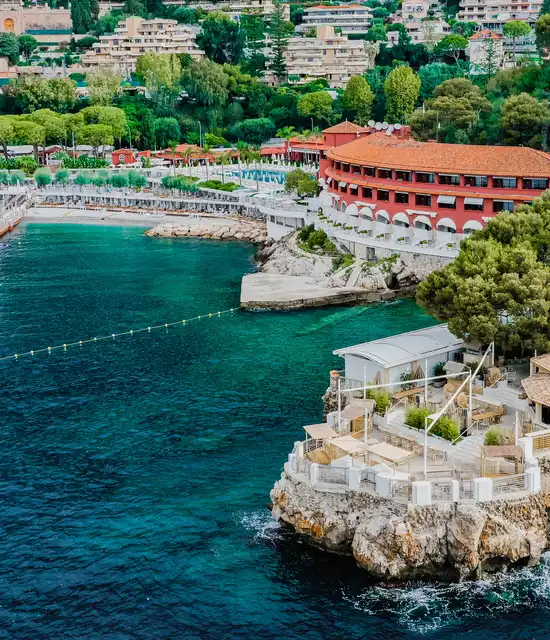
Moving gently...
With a view to achieving carbon neutrality by 2050, mobility is also a key concern for the Principality. Priority to soft mobility! On foot, of course, which is undoubtedly the best way to discover Monaco, its heritage and local life, but also by hybrid bus or, more fun, by electric boat-bus, for a crossing between Monaco-Ville and the Casino. Unless you prefer to opt for MonaBike self-service electric bikes or Mobee, the innovative car-sharing service based on the free-floating principle: "I can pick up and drop off my vehicle wherever I want. "
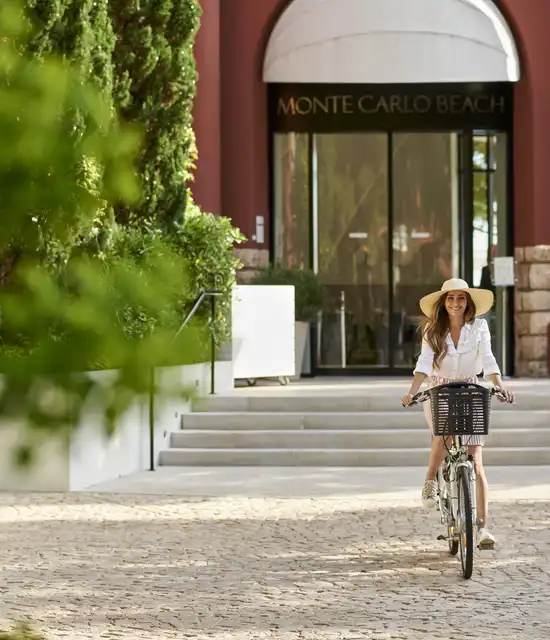
Off-season, the other faces of Monaco
This 'slow' spirit is also reflected in Monaco's desire to develop a more peaceful off-season tourism, far from the summer crowds. More economical tourism for travellers, who can take advantage of prices that are often more attractive. But above all, it's an opportunity to discover the Principality in a different light. Reborn in spring, decked out in warm autumn colours or bathed in soft winter light, the Principality always has plenty to offer.
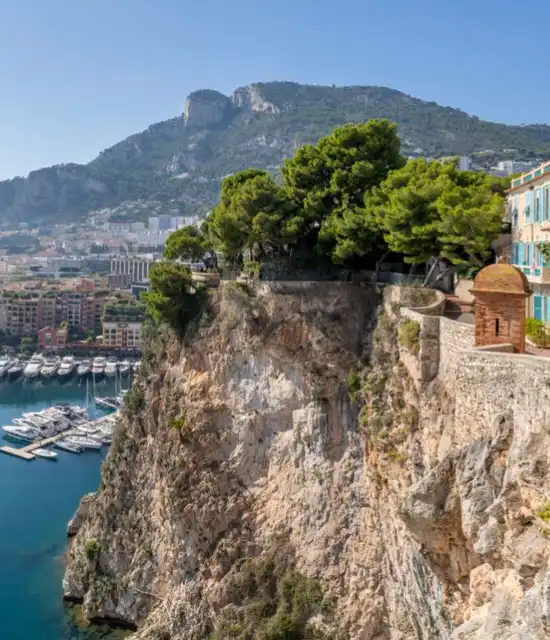
But whatever the season, the Principality knows how to stop time to make your stay in Monaco an unforgettable interlude. In town, enjoy picturesque walks to discover the architectural and natural beauty of Monaco. From the old town or the heights of the Rock, a veritable open-air museum, to the legendary Casino Square, at the heart of the Grimaldi family history. Stroll through the countless parks and gardens, along the Rainier III Sculpture Trail or the Heritage Tree Trail, which will give you an overview of the Principality's green heritage. Or enter a marvellous world of silence at the Oceanographic Museum.
Outside the city, explore the towns and villages around Monaco. Criss-cross the mountains and valleys, climb to conquer the hilltop villages, from Èze to La Turbie, from Grasse to Menton. Take the coastal paths at Roquebrune-Cap-Martin or Cap d'Antibes. Magnificent, soothing green settings adorned with the blue of the Mediterranean. And why not take to the sea to admire the natural treasures of the Lérins Islands, stroll along their paths lined with wild nature, or visit the heart of the Pelagos Sanctuary, a vast ecosystem of inestimable scientific, socio-economic, cultural and educational interest.
Eating sustainably or thinking differently about food
On 21 September 2023, the very first Sustainable Gastronomy Summit was held under the patronage of HSH Prince Albert II of Monaco, at the initiative of chef Alain Ducasse. The programme covers five major themes:
- farming and fishing in a time of climate change
- cooking from the source of taste
- committing to responsible initiatives
- restoring food education
- what does the future hold for gastronomy?
And to debate the issue, we'll be bringing together the key players in the change process: scientists, producers, committed chefs, schools, future chefs and young leaders in the ecological transition.
It's a date to be remembered for this 100% slow movement event, which stands out as the founding act of collective reflection and a desire to "change the way we think about food, to consider it as a means of preserving the planet and those who inhabit it".
You might also like…
Rolex Monte-Carlo Masters, the holy ground
Learn the history of one of the most prestigious tennis tournaments of the ATP tour, the Rolex Monte-Carlo Masters. It takes place every spring on the clay courts of Monaco.
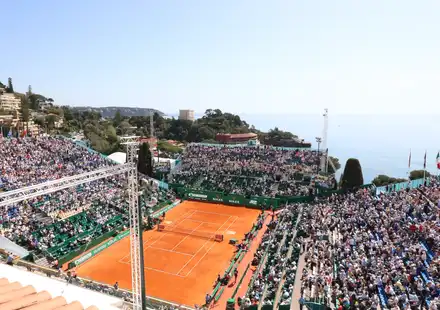
When the Monte-Carlo Société des Bains de Mer universe meets the art of Chynoax
Through its partnership with Chynoax, the Resort confirms its attachment to the French Riviera while highlighting a unique artistic vision.

Guide Michelin 2025 : 10 stars for the Resort Monte-Carlo Société des Bains de Mer
Monte-Carlo Société des Bains de Mer reinforces its status as the world's most starred 10-star resort.
